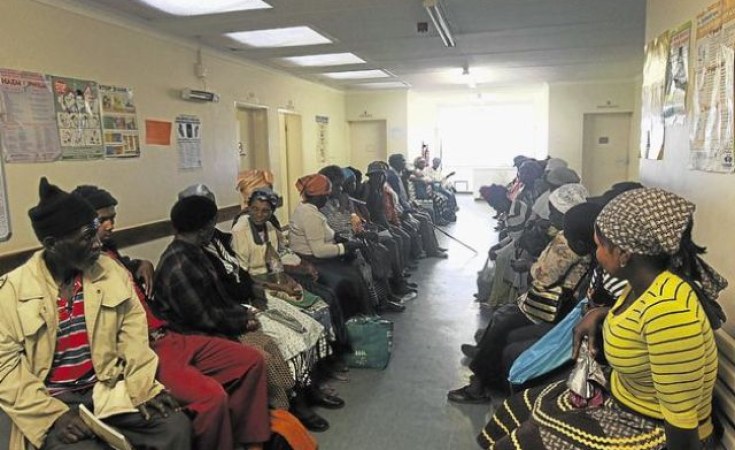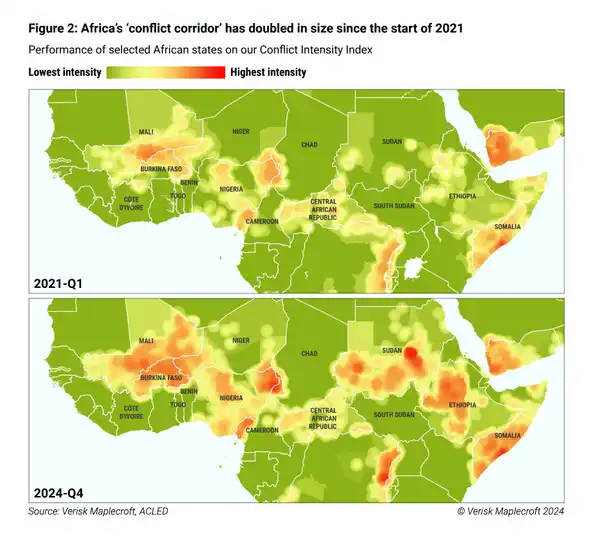The lack of employment more than religious belief is what is driving people to join fast-growing extremist groups in sub-Saharan Africa, according to a report by the UN Development Program (UNDP) based on interviews with hundreds of former fighters across East, West and the Horn of Africa.
The new UNDP report’s findings thus challenge traditional assumptions about what drives people to violent extremism, and highlight the urgent need to move away from security-driven responses to development-based approaches focused on prevention. Cash for work as a prevention and an all of society approach of rebuilding communities creates opportunities for people to earn a decent wage, making them less susceptible to the allure of joining violent extremist groups. The report found that 25% of voluntary recruits to such groups cited needing money as their primary reason for joining, while 22% cited wanting to join with family and friends and 17% cited religious ideas. But nearly half of the respondents also said there was a “tipping point” that pushed them to join, such as the killing or arrest of family members by state security forces.
While worldwide deaths from “terrorism” have declined in the last five years, deaths in sub-Saharan Africa have risen, making it the global epicenter of attacks, the UNDP report said, citing the Global Index annual survey. Countries from East to West Africa, with the Sahel region being the most affected, have seen armed groups take over large swaths of territory, displacing millions, eroding faith in democratic government and causing widespread hunger. The study was based on interviews with more than 2,000 recruits in Burkina Faso, Cameroon, Chad, Mali, Niger, Nigeria, Somalia and Sudan, whose education levels were low and mistrust in government high, the UNDP report said. Rather than a militarized approach, the report recommended greater investment in child welfare, education and quality livelihoods to counter and prevent violent extremism.



